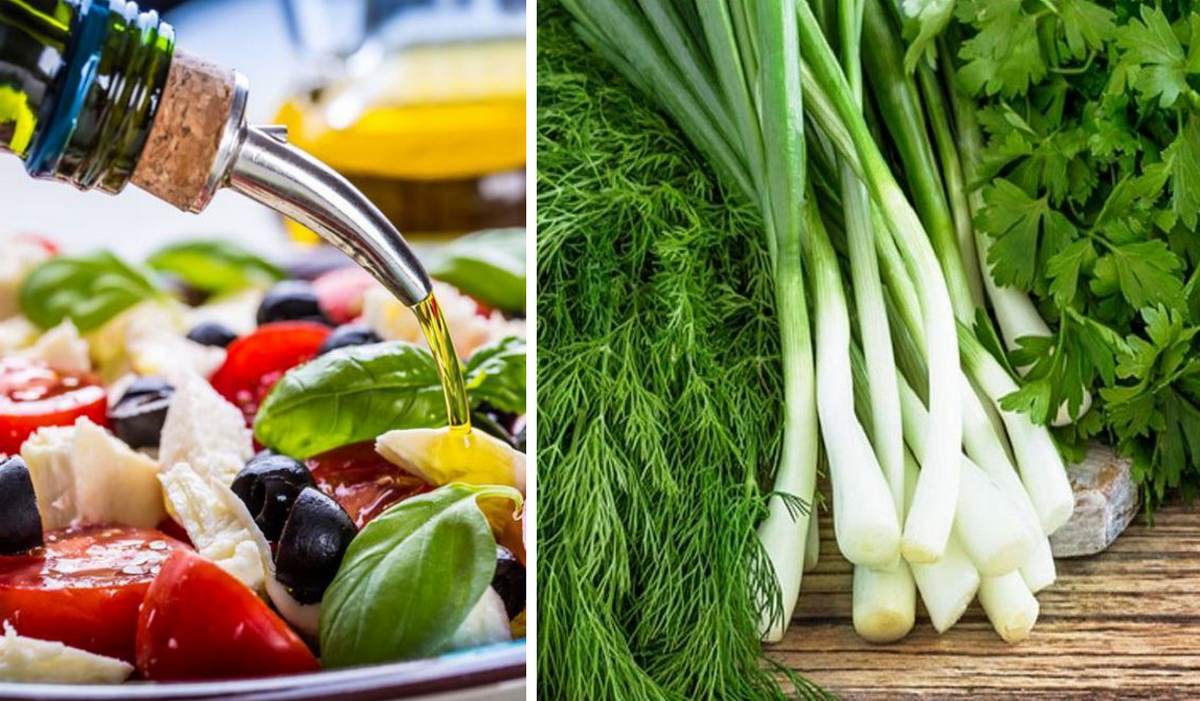Scientists from the Johns Hopkins Children’s Center have found a powerful chemical against the development of coronavirus and influenza in leafy greens. In particular, researchers have studied broccoli, but the same substance is abundant in other crucifers. In a paper published in the journal Communications Biology, they said they could develop new and powerful weapons against the viruses that cause COVID-19 and the common cold.
Coronavirus has already killed more than 6 million people worldwide, and studies have shown that colds cause $ 25 billion in economic losses each year.
In a study, scientists showed that purified synthetic sulforaphane, a plant-derived chemical known as a phytochemical that already has anti-cancer effects, can inhibit the replication of SARS-CoV-2, the coronavirus that causes coronavirus in human and mouse cells.
Although the results are promising, but due to lack of data, scientists have warned the public against rushing to buy sulforaphane supplements, which are available in pharmacies.
The natural source of sulforaphane is:
- broccoli
- watercress
- mustard seeds
- kohlrabi
- watercress salad
- leaf mustard
- kale
- leaf beets
- radish
- radish
- turnip
- rapeseed
- asparagus
- horseradish
- cauliflower
Previous studies, including Johns Hopkins Medicine, have shown that sulforaphane has prophylactic properties for cancer and infection by interfering with certain cellular processes.
“When the COVID-19 pandemic began, our interdisciplinary research teams switched our research to other viruses and bacteria to focus on the potential treatment of what was then a complex new virus for us. I tested several compounds for activity against coronavirus and decided to try sulforaphane because it showed modest activity against other microbial agents that we are studying,” – said the microbiologist of the Children’s Center Lori Jones-Brando.
In one experiment, the research team first exposed the cells to sulforaphane for one to two hours before infecting SARS-CoV-2 cells and the HCoV-OC43 cold coronavirus. They found that low micromolar (μm) concentrations of sulforaphane (2.4–31 μm) reduced replication by 50% of six SARS-CoV-2 strains, including Delta and Omicron, as well as coronavirus HCoV-OC43. The researchers also observed similar results with cells that had previously been infected with viruses, in which the protective effects of sulforaphane were observed even with pre-established viral infection.
The team also studied the effects of sulforaphane in combination with remdesivir, an antiviral drug used to reduce the recovery of hospitalized adults with COVID-19 infections. According to them, remdesivir inhibited 50% of HCoV-OC43 and SARS-CoV-2 replication at 22 μm and 4 μm, respectively. In addition, the research team reported that sulforaphane and remdesivir interacted synergistically in several combinations, reducing viral load by 50% in cells infected with HCoV-OC43 or SARS-CoV-2. In this context, synergism means that lower doses of sulforaphane (eg 1.6-3.2 μm) and remdesivir (eg 0.5-3.2 μm) combined are more effective against viruses than single use.
“Historically, the combination of several compounds in a treatment regimen is an ideal strategy for treating viral infections. The fact that sulforaphane and remdesivir work better in combination than alone is very encouraging,” said Alvaro Ordonez, MD.
The researchers then experimented with a mouse model of SARS-CoV-2 infection and found that giving 30 mg of sulforaphane / 1 kg body weight to mice before infection with the virus significantly reduced weight loss (7.5%), which is usually associated with viral infection. “We found that sulforaphane is an antiviral agent against HCoV-OC43 and SARS-CoV-2, and also helps control the immune response,” the researchers said. The team plans to conduct human studies to evaluate whether sulforaphane may be effective in preventing or treating these infections.
Earlier, the DIP wrote that “Doctors told why you can not buy sliced bread and why it is dangerous.”
* This content, including tips, contains only general information. This in no way replaces a qualified medical opinion. Always consult a specialist or doctor for more information. We wish you good health, your DIP.

